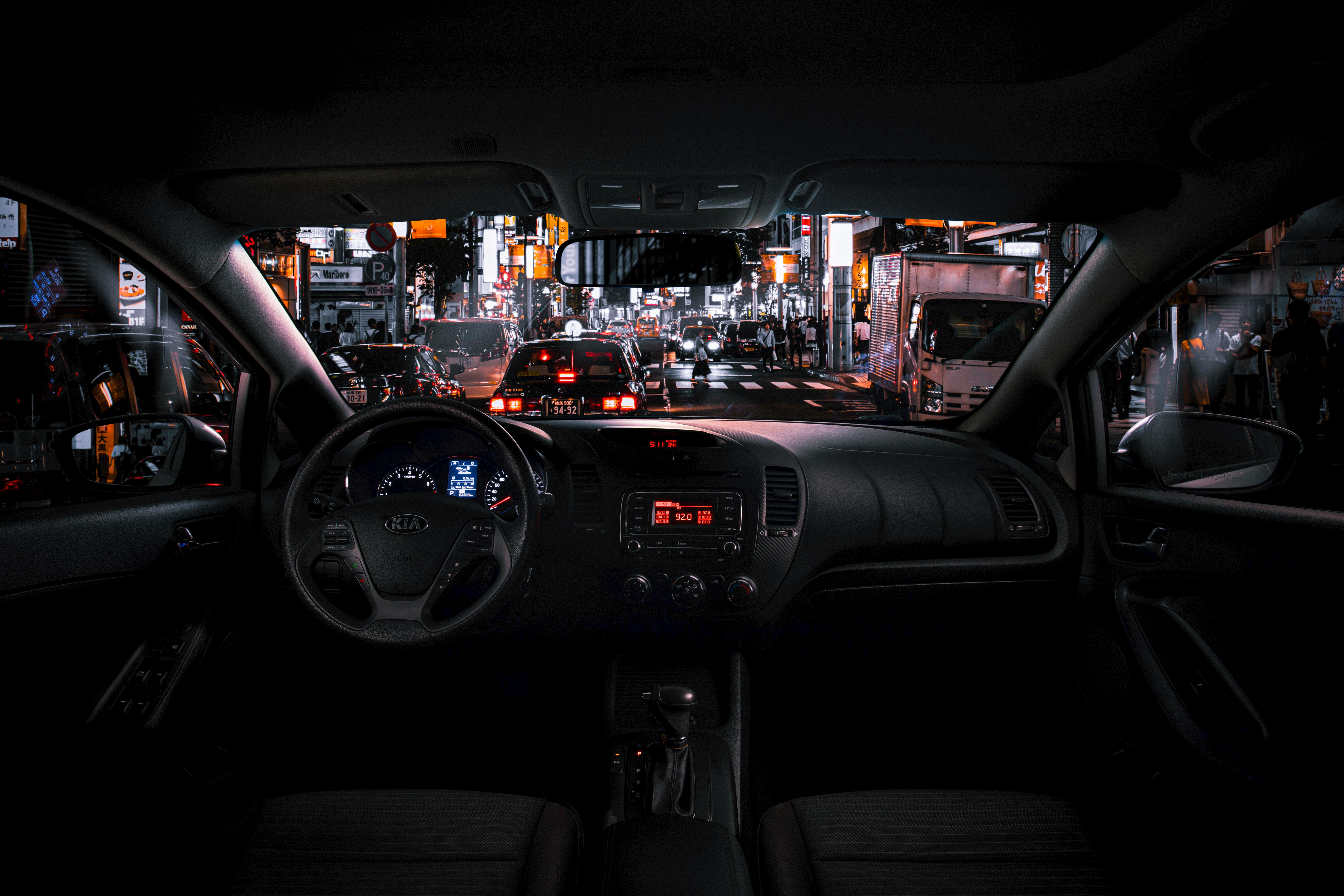Title: Dash Cam Dilemma: Revealing Its Shortcomings
introduce:
Dashcams are becoming increasingly popular among drivers around the world, capturing live footage of road accidents and providing valuable evidence in the event of an accident. These devices come with impressive benefits, such as enhanced vehicle security and protection against insurance fraud, so it’s no surprise that more and more people are installing them in their cars. However, as with all technology, dash cams have some important drawbacks that need to be considered. In this blog post, we’ll look at some of the disadvantages of using a dash cam.
1. Invasion of privacy:
While dash cams are great tools for gathering evidence of accidents, they can inadvertently invade someone else’s privacy. Dash cams record not only the road, but also the surrounding environment, including pedestrians, other drivers, and even residential areas. This raises concerns about privacy rights and the ethical implications of continued surveillance and recording of public spaces. While the intentions may be noble, some believe it could lead to increased social surveillance if not properly regulated.
2. Legal implications:
Contrary to popular belief, dash cam footage does not always guarantee a smooth legal process. As the use of dash cams becomes more common, courts and law enforcement agencies must develop guidelines regarding the admissibility of dash cam recordings as evidence. Some regions may have specific regulations on the use of dash cams, such as restrictions on recording audio conversations or prohibiting the placement of cameras within the driver’s field of vision. Failure to comply with these regulations may result in legal consequences or render the footage inadmissible in court.
3. Interference and security issues:
Ironically, dash cams themselves have the potential to be distracting and compromise road safety. Some drivers may spend an inordinate amount of time adjusting camera positions or reviewing captured footage, diverting attention from the primary task of driving. Additionally, the temptation to share captivating dashcam footage on social media while driving may lead to an increase in distracted driving accidents. Therefore, drivers must exercise caution and avoid excessive use of dash cams or unnecessary distraction.
4. Data security and vulnerabilities:
As technology advances, dash cams become more sophisticated, often including features such as Wi-Fi connectivity or cloud storage options. While these features provide convenience, they also raise concerns about data security and vulnerability. If a dash cam is not adequately protected from cyber threats, hackers could gain access to sensitive footage, compromising an individual’s privacy or exposing them to potential harm. Therefore, it is important to choose dash cams from reputable brands that prioritize data encryption and ensure user privacy.
5. Cost and installation:
Finally, cost and installation can be a significant drawback for some potential dash cam users. High-quality dash cams with advanced features can be relatively expensive. Obtaining professional installation services or purchasing additional accessories can further increase the overall cost. Additionally, some may find the installation process complex and require knowledge of vehicle wiring, which may void the warranty if not installed properly. These factors may deter some people from investing in a dash cam or prevent them from choosing a higher-end model.
in conclusion:
Dash cams undoubtedly have many advantages, but like any technology, they also have disadvantages that cannot be ignored. From privacy concerns and legal implications to interference and potential safety issues, understanding the shortcomings of dash cams is critical to responsible and informed use. By staying informed of these limitations, users can explore ways to mitigate or work around these shortcomings, ensuring a balanced and rewarding experience on the road.
Post time: Sep-23-2023


